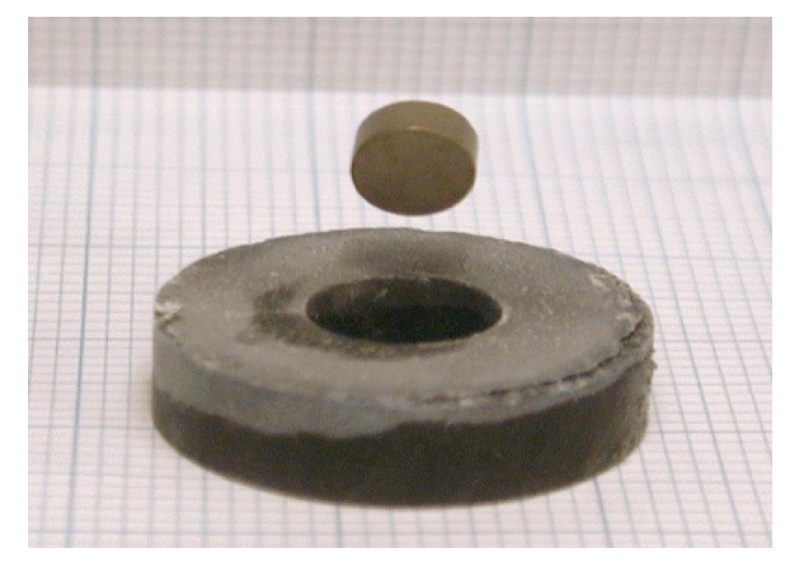Superconductivity: Physical properties of superconductors, theoretical models of superconductors (London, BCS and Ginzburg-Landau theories), type-I and type-II superconductors, high-temperature superconductors, the vortex state and vortex dynamics, Bean's model, the Josephson effect, quantum interference, SQUID, measurements and applications of superconductor
Magnetism: Diamagnetism, paramagnetism, interaction between spin spin-orbit coupling, the Ising model, the Heisenberg model, ferromagnetism antiferromagnetism, ferrimagnetism, spin waves, susceptibility, magnetic domains, fundamental quantum magnetism, measurements and applications of magnetism.
